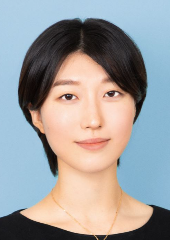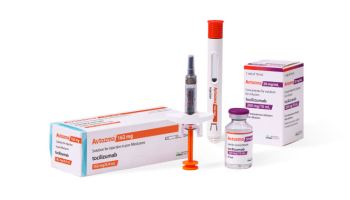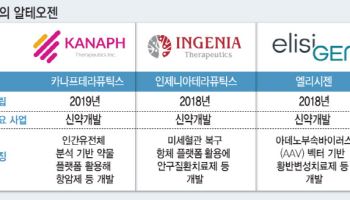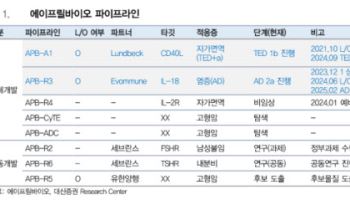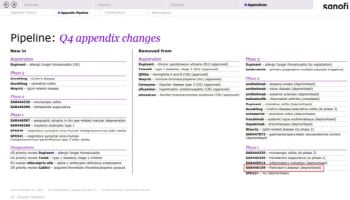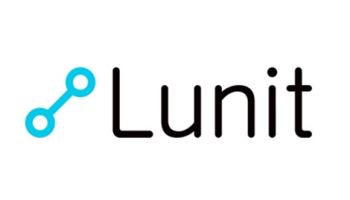[Lim Jeong-yeo, Edaily Reporter] Celltrion’s oncology biosimilars -- Herzuma (trastuzumab) for breast and gastric cancers and Vegzelma (bevacizumab) for metastatic colorectal and breast cancers -- are solidifying their presence in Japan, one of the largest pharmaceutical markets in Asia.
 | | (Photo credit=Celltrion) |
|
According to IQVIA and local market data as of April 2025, Herzuma holds a dominant 75% market share in Japan, maintaining its top prescription ranking for the fourth consecutive year. Since surpassing the original product’s market share in Q2 2021, Herzuma has sustained its leadership in a competitive landscape that includes five trastuzumab-based therapies. This underscores the drug’s unrivaled market position.
Vegzelma, despite being the most recent entrant among six bevacizumab-based therapies, has made notable strides. Launched in Japan in January 2023, it secured a 29% market share by April 2025. Its rapid ascent, fueled by Celltrion’s strong marketing execution and product competitiveness, has garnered local attention. The drug now trails the top-prescribed bevacizumab product by just two percentage points, positioning it to potentially claim the top spot in the near future.
Celltrion attributes its success in Japan to a combination of market-tailored strategies and favorable policy frameworks that support biosimilar uptake. The company has collaborated closely with its Japanese affiliate and local partners to execute customized sales efforts aligned with market dynamics.
One pivotal factor has been Japan’s Diagnosis Procedure Combination (DPC) system, a bundled payment scheme that promotes cost-effective prescribing. Under this system, hospitals can retain savings from prescribing lower-cost medicines, which include biosimilars, thus creating a financial incentive aligned with government goals and patient interests. The DPC system is widely viewed as a win-win policy for hospitals, patients, and the healthcare system.
Celltrion’s biosimilars for autoimmune diseases are also performing strongly in Japan. Remsima (infliximab) continues to lead the biosimilar category with a 41% market share as of April 2025. Yuflyma (adalimumab), meanwhile, has rapidly grown from 8% to 12% in just four months, further underscoring the solid uptake of Celltrion’s product lineup.
A Celltrion spokesperson commented, “Our four key therapies are achieving dominant prescription results across Japan, reflecting the effectiveness of our hospital-centered sales strategy tailored to the country’s retail distribution model. Building on this momentum, we plan to launch our ustekinumab biosimilar Stekima for autoimmune conditions in Japan later this year. We will leverage the experience and insights gained from our existing products to accelerate Stekima’s market penetration.”


